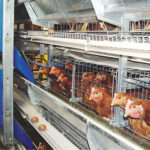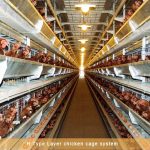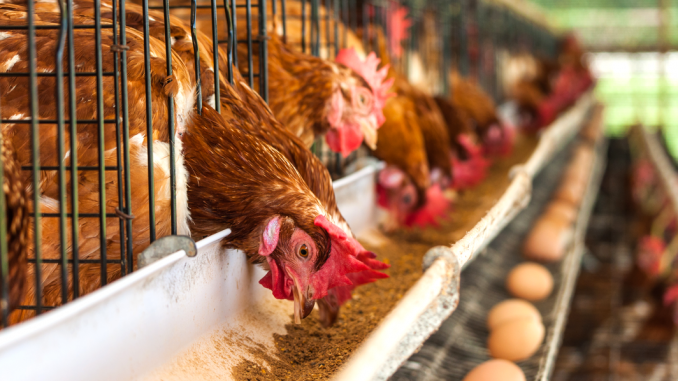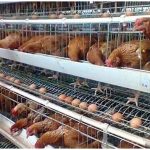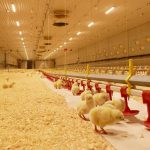In the rainy season, the temperature will gradually decrease, so it is easy to cause excessive humidity in the chicken house. If the humidity in the chicken house is too large, it will affect the healthy growth of the chickens. In the process of daily feeding, what methods can the farmers use to reduce the humidity of the chicken house? The author will tell the farmers about the management points of the house usingpoultry farming equipment.
In addition to the same feeding, disinfection, immunization and other work as other seasons, farmers should pay attention to the main points of several feeding management:
1. Diligent defecation: The flock produces a lot of feces every day, and these feces have a bad smell. And the chicken manure has a high water content (about 85%). If it is accumulated in the house for a long time, it will easily increase the humidity of the house and affect the health of the flock. It also produces a harmful gas such as ammonia, so it must be cleaned up in time. In summer and autumn, farmers are advised to clean up once a day.
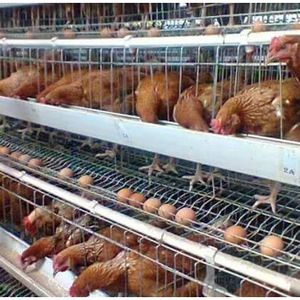
2. Increase the amount of ventilation. Ventilation is an important measure to cool down, drain and dedust, and keep the air inside the house fresh. Therefore, in summer and autumn, farmers should pay attention to open the front and rear windows of the house to ensure air convection. In closed chicken houses, farmers can install fans and wet curtain equipment to carry out ventilation and cooling work, increase the air flow inside the house, and take away the heat generated by water and chicken in time.
3. Maintain a reasonable stocking density. Density control depends on the age of the chicken, management style, ventilation conditions and season, and generally requires no more than 30 kg live weight per square meter. In general ventilated chicken houses, the stocking density can be appropriately larger. In the same area of the house, the summer should be less than the winter.
4. Strengthen the management of the house. Before the rainy season, farmers should pay attention to repairing the chicken house to prevent the house from leaking. In addition, farmers should pay attention to keep the cage clean and dry, and the drinking water should not be overfilled to prevent overflow and water leakage.
The above four points are some of the management points that the author tells the farmers about thechicken farming equipmentin the fall of the chicken house. They are only for reference by farmers.


